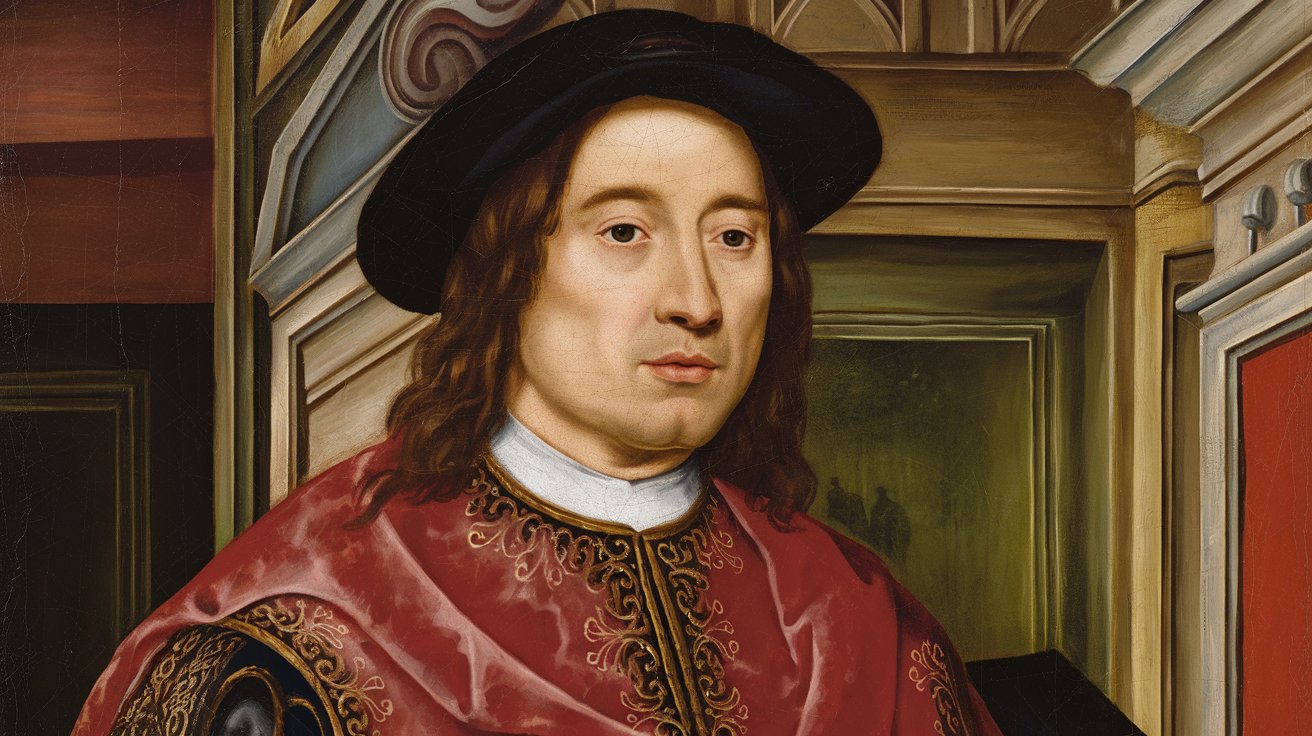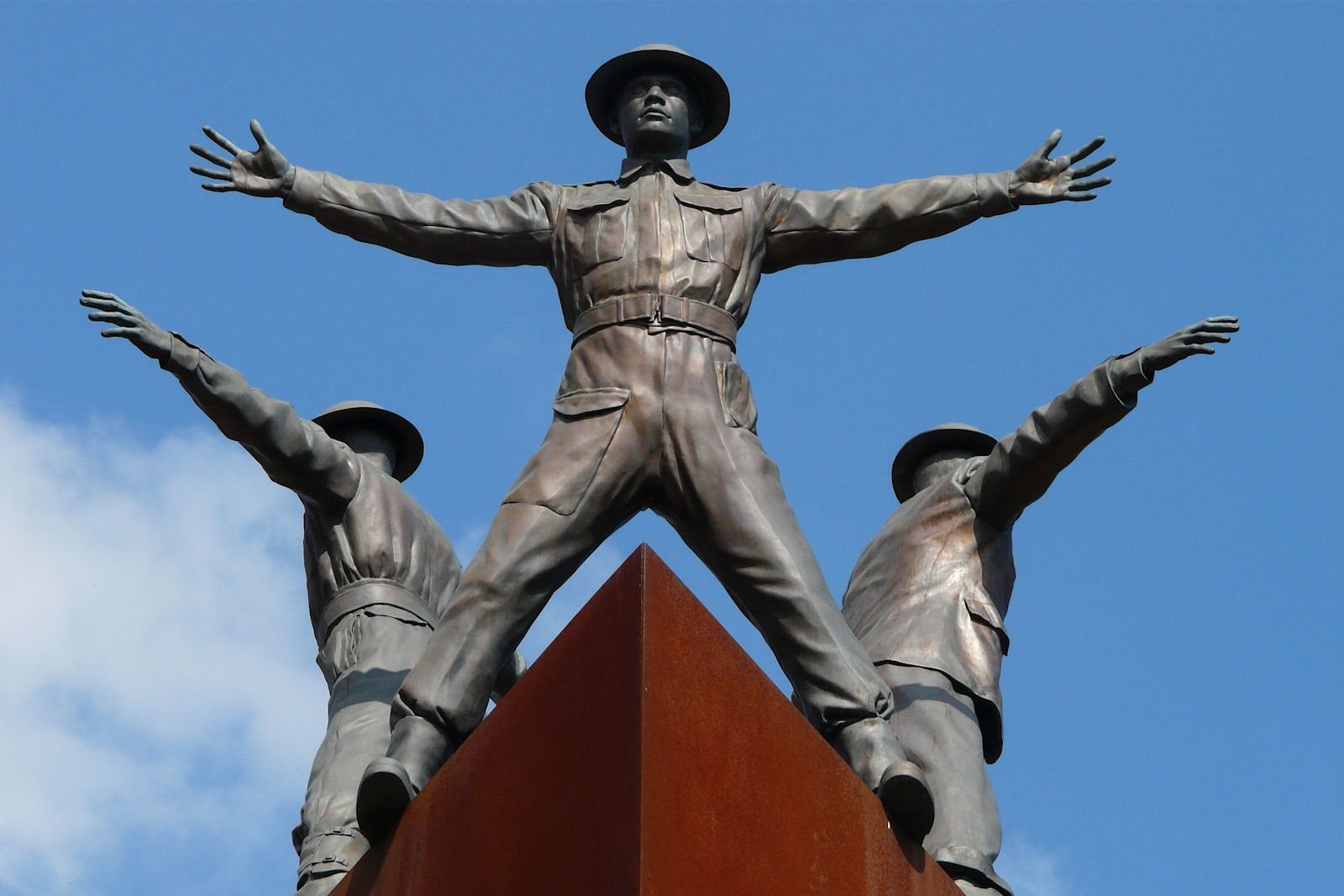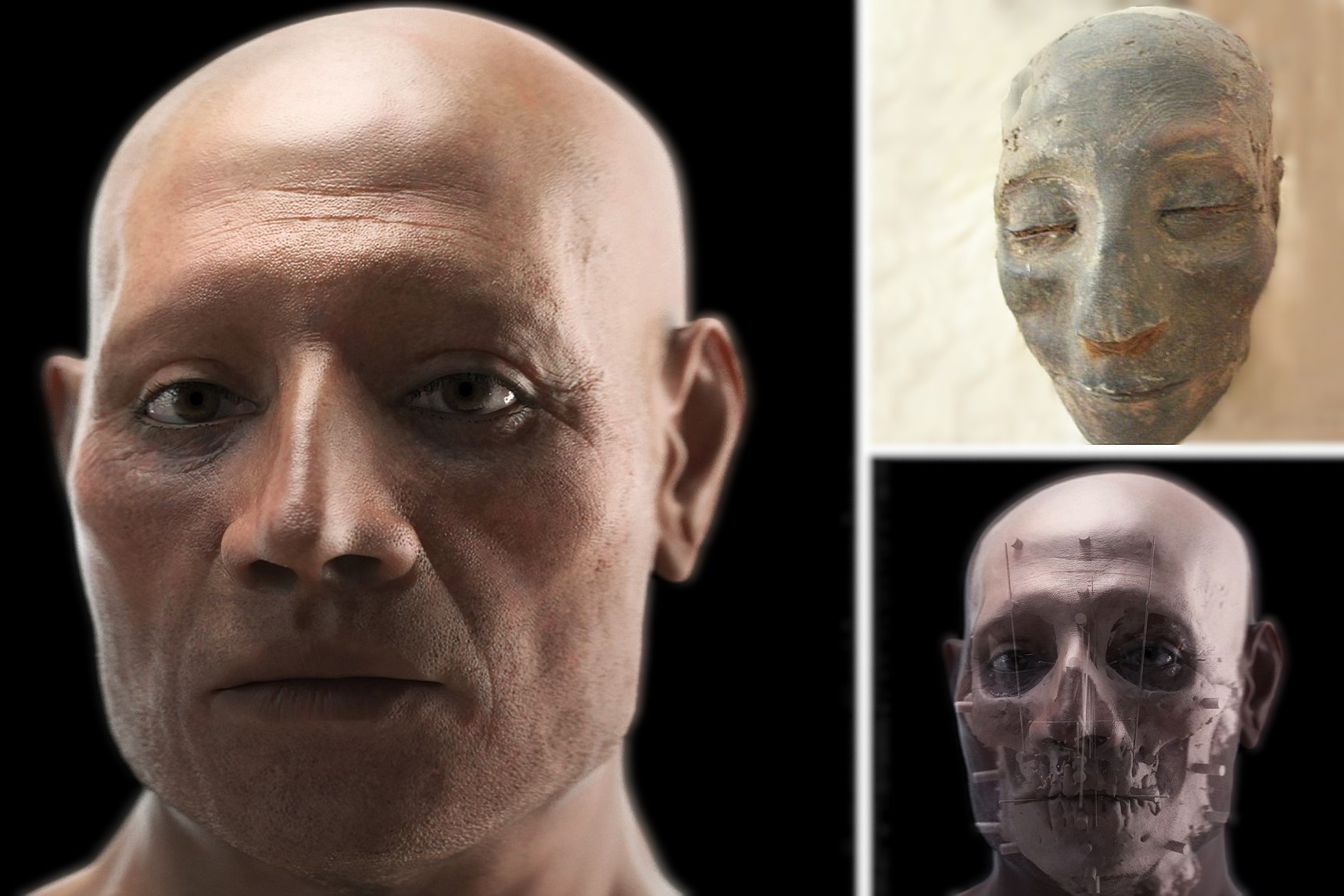
Who was Cesare Borgia? Cesare Borgia, born in 1475, was a notorious figure of the Italian Renaissance. Known for his ruthless ambition and cunning strategies, he was the son of Pope Alexander VI and a member of the infamous Borgia family. Cesare's life was marked by political intrigue, military conquests, and scandalous rumors. He served as a cardinal before abandoning his religious duties to pursue a career in warfare and politics. His quest for power inspired Machiavelli's "The Prince," making him a symbol of political manipulation. Despite his short life, Cesare's legacy continues to captivate historians and enthusiasts alike. Let's dive into 35 intriguing facts about this enigmatic figure.
Key Takeaways:
- Cesare Borgia, a Renaissance figure, was a skilled military leader and strategist who inspired Machiavelli's "The Prince" and left a controversial legacy.
- Known for his ambition and ruthlessness, Cesare Borgia's life serves as a cautionary tale of unchecked ambition and the complexities of human nature.
Who Was Cesare Borgia?
Cesare Borgia, a name that echoes through history, was a prominent figure during the Renaissance. He was known for his political ambitions, military prowess, and complex personality. Let's dive into some fascinating facts about this enigmatic character.
-
Cesare Borgia was born in 1475. His birthplace was Subiaco, Italy, and he was the illegitimate son of Cardinal Rodrigo Borgia, who later became Pope Alexander VI.
-
He was initially destined for a religious career. Cesare was made a cardinal at the age of 18, but he later renounced his position to pursue a military and political career.
-
Cesare's sister was the infamous Lucrezia Borgia. The Borgia family was notorious for their political machinations and scandals, with Lucrezia being a central figure in many of them.
-
He was the inspiration for Machiavelli's "The Prince". Niccolò Machiavelli admired Cesare's cunning and strategic mind, using him as a model for his famous political treatise.
-
Cesare Borgia was a skilled military leader. He led numerous campaigns to expand his family's influence in Italy, earning a reputation as a formidable commander.
Cesare Borgia's Rise to Power
Cesare's ascent to power was marked by ambition, strategy, and a bit of ruthlessness. Here are some key moments in his rise.
-
He became the Duke of Valentinois. In 1498, King Louis XII of France granted Cesare the title, which significantly boosted his political standing.
-
Cesare married Charlotte d'Albret. This marriage to a French noblewoman further solidified his alliance with France.
-
He captured the city of Imola. This was one of his first major military victories, showcasing his tactical brilliance.
-
Cesare established the Romagna region as his power base. He conquered several cities in the region, creating a stronghold for his operations.
-
He was known for his use of mercenaries. Cesare often hired skilled soldiers to bolster his forces, a common practice among Renaissance leaders.
The Downfall of Cesare Borgia
Despite his successes, Cesare's fortunes eventually took a turn for the worse. Here are some pivotal events that led to his downfall.
-
The death of Pope Alexander VI. Cesare's father and greatest supporter died in 1503, leaving him vulnerable to his enemies.
-
He was imprisoned by the Spanish. After a failed attempt to regain power, Cesare was captured and held in Spain.
-
Cesare escaped from prison. In a daring move, he managed to flee and sought refuge with his brother-in-law, King John III of Navarre.
-
He died in battle in 1507. Cesare met his end while fighting for King John III, marking the end of his tumultuous life.
-
Cesare's legacy remains controversial. Some view him as a ruthless tyrant, while others see him as a brilliant strategist and leader.
Cesare Borgia's Influence on Culture
Cesare Borgia's life and actions have left a lasting impact on culture and history. Here are some ways he has been remembered.
-
He appears in numerous works of fiction. Cesare has been a character in books, movies, and TV shows, often portrayed as a cunning and ambitious figure.
-
Cesare's life inspired many artists. Renaissance painters and writers found his story compelling, creating works that depicted his exploits.
-
He is a subject of historical studies. Scholars continue to analyze his life, seeking to understand his motivations and impact on history.
-
Cesare's armor is on display in the Vatican Museums. This piece of history offers a glimpse into the life of a Renaissance warrior.
-
He influenced the concept of the "Renaissance man". Cesare's diverse talents and pursuits exemplify the ideal of a well-rounded individual.
Lesser-Known Facts About Cesare Borgia
Beyond the well-known stories, there are many lesser-known facts about Cesare Borgia that add depth to his character.
-
Cesare was fluent in multiple languages. He spoke Italian, Spanish, French, and Latin, which helped him navigate the complex political landscape of Europe.
-
He had a keen interest in science and engineering. Cesare supported various scientific endeavors and was known to consult with engineers and architects.
-
Cesare was a patron of the arts. He commissioned works from prominent artists of his time, contributing to the cultural richness of the Renaissance.
-
He had a distinctive personal emblem. Cesare's emblem was a red bull, symbolizing strength and determination.
-
Cesare's life was marked by numerous betrayals. He often found himself betrayed by allies and friends, which fueled his distrust and ruthlessness.
Cesare Borgia's Relationships
Cesare's relationships with family, allies, and enemies played a significant role in his life. Here are some notable connections.
-
He had a close relationship with his father, Pope Alexander VI. Their bond was both personal and political, with the Pope supporting Cesare's ambitions.
-
Cesare's relationship with his sister Lucrezia was complex. They were close, but their bond was often strained by political intrigue and scandal.
-
He was allied with King Louis XII of France. This alliance was crucial for Cesare's military campaigns and political maneuvers.
-
Cesare had numerous rivals. His ambition and success made him many enemies, including other Italian nobles and foreign powers.
-
He was known for his charm and charisma. Cesare's ability to win people over was a key factor in his political and military successes.
The Legacy of Cesare Borgia
Cesare Borgia's legacy is a mix of admiration and infamy. Here are some ways his life continues to be remembered.
-
He is often cited as an example of Machiavellian politics. Cesare's actions embody the principles of cunning and pragmatism outlined in "The Prince."
-
Cesare's life has been romanticized. Many portrayals of him focus on his charisma and ambition, sometimes glossing over his more ruthless actions.
-
He remains a subject of debate among historians. Scholars continue to discuss his impact on the Renaissance and his role in shaping modern political thought.
-
Cesare's story is a cautionary tale. His rise and fall illustrate the dangers of unchecked ambition and the volatile nature of political power.
-
Cesare Borgia's name endures. Despite the controversies, his name remains synonymous with ambition, strategy, and the complexities of human nature.
Cesare Borgia's Legacy
Cesare Borgia's life was a whirlwind of ambition, power, and controversy. Born into the influential Borgia family, he became a cardinal, then a military leader, and finally a duke. His ruthless tactics and strategic mind made him a formidable figure in Renaissance Italy. Despite his short life, Borgia left a lasting impact on history, inspiring Machiavelli's "The Prince" and shaping political thought for centuries.
His alliances, betrayals, and relentless pursuit of power paint a complex picture of a man driven by ambition. Yet, his story also serves as a cautionary tale about the perils of unchecked power and ambition. Whether viewed as a villain or a visionary, Cesare Borgia remains a fascinating figure whose life continues to captivate historians and enthusiasts alike. His legacy, filled with intrigue and drama, ensures he won't be forgotten anytime soon.
Frequently Asked Questions
Was this page helpful?
Our commitment to delivering trustworthy and engaging content is at the heart of what we do. Each fact on our site is contributed by real users like you, bringing a wealth of diverse insights and information. To ensure the highest standards of accuracy and reliability, our dedicated editors meticulously review each submission. This process guarantees that the facts we share are not only fascinating but also credible. Trust in our commitment to quality and authenticity as you explore and learn with us.


